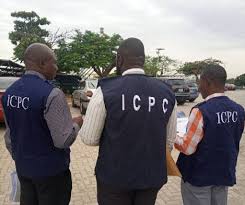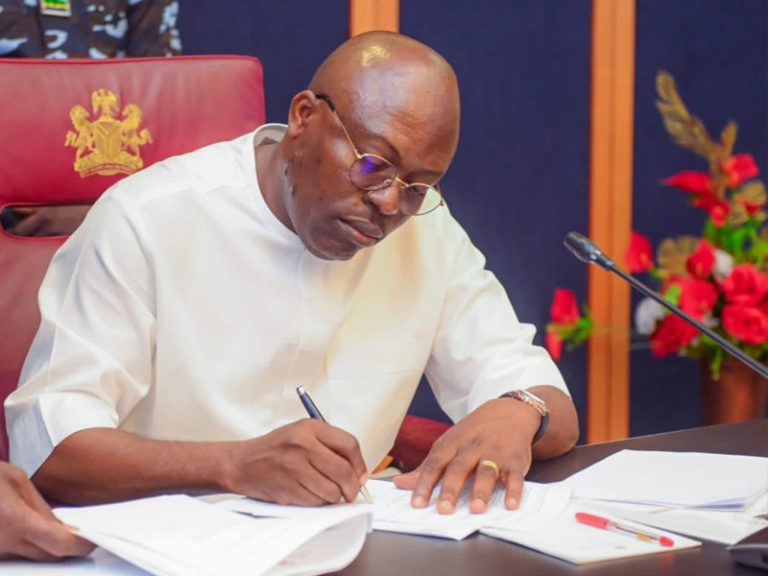
The Independent Corrupt Practices and Other Related Offences Commission (ICPC) has called on state governments to take a more proactive role in combating corruption, emphasizing the use of strategic communication to promote transparency, accountability, and ethical reorientation at the grassroots level.
Speaking at a one-day roundtable in Abuja, ICPC Chairman, Musa Adamu Aliyu, identified states and local governments as the frontline in the fight against corruption, noting that mismanagement at these levels has the most immediate and devastating impact on citizens.
The workshop, themed “Partnership for Strengthening Transparency at the State and Local Government Levels Through Strategic Communication,” brought together commissioners of information, lawmakers, media professionals, and civil society actors.
Aliyu highlighted that corruption directly affects ordinary Nigerians: children without textbooks, farmers without access roads, and patients without healthcare. He stressed the critical role of strategic communication in shaping public behavior and fostering a culture of integrity, particularly through partnerships with media, civil society, and community stakeholders.
The Chairman of the House Committee on Anti-Corruption, Kayode Akiola, echoed these sentiments, warning that corruption remains a major impediment to Nigeria’s development. He urged information managers across the country to leverage their platforms to demand accountability and promote transparency at all levels of government.
Akiola also assured that the National Assembly would continue to strengthen legal frameworks to support a corruption-free governance system.
On his part, Minister of Information and National Orientation Mohammed Idris Malagi reassured Nigerians that anti-corruption agencies under President Bola Tinubu’s administration operate independently and would never be used as political tools.
He emphasized that the administration’s fight against corruption is anchored in fairness, transparency, and the rule of law, noting that the President has deliberately strengthened the institutional frameworks of both the ICPC and EFCC to enable them to carry out their mandates without interference.



